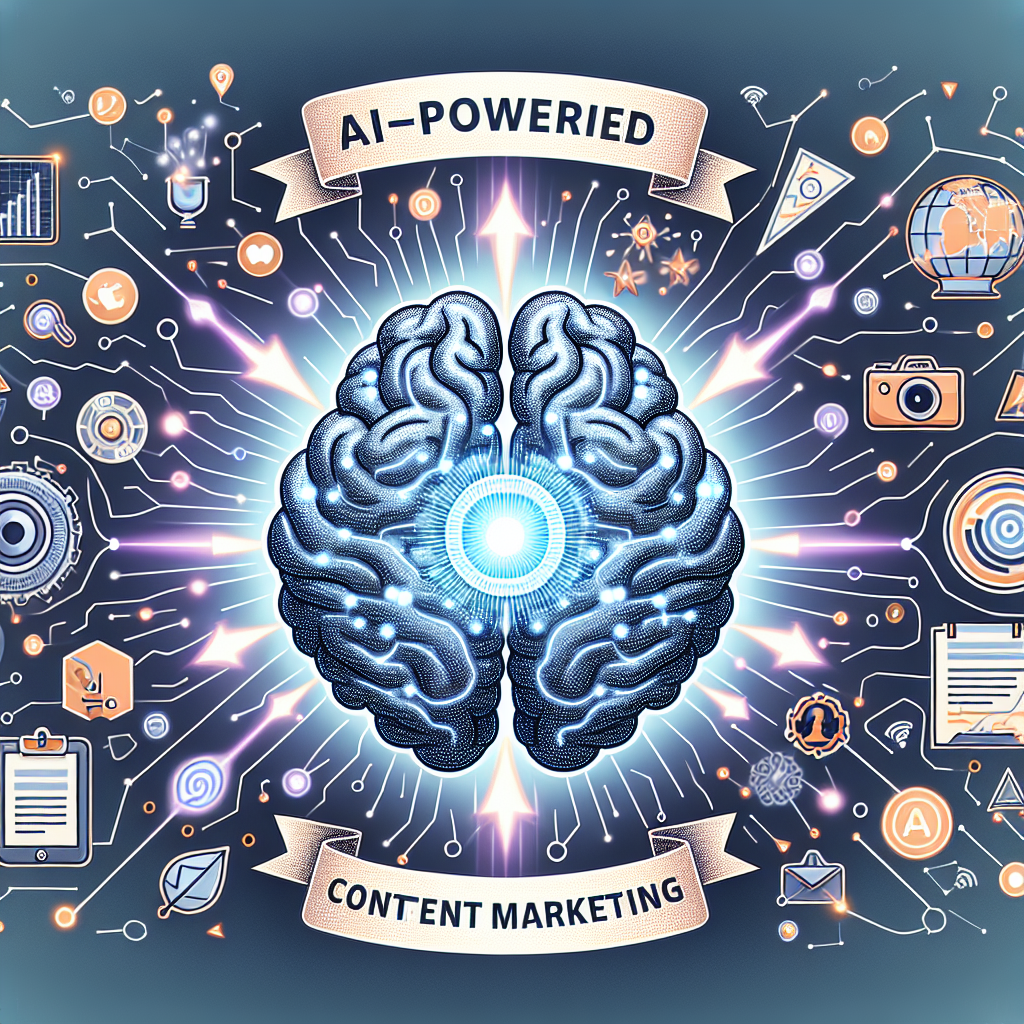The rise of AI companies has been nothing short of remarkable. Over the past decade, we have witnessed an explosion in the development and deployment of artificial intelligence technologies. From startups to established tech giants, businesses are increasingly leveraging AI to enhance their operations, improve customer experiences, and drive innovation.
This surge in AI adoption is not just a trend; it represents a fundamental shift in how companies operate and compete in the global marketplace. AI companies are now at the forefront of technological advancement. They are developing solutions that can analyze vast amounts of data, automate processes, and even make predictions based on historical trends.
This capability has attracted significant investment, leading to the emergence of numerous billion-dollar AI firms. The allure of AI lies in its potential to transform industries, streamline operations, and create new revenue streams. As a result, the landscape of business is evolving rapidly, with AI companies leading the charge. Download iAvva AI https://iavva.my-ai.coach/#/.
Key Takeaways
- AI companies are on the rise, with a growing number of startups and established players entering the market.
- Factors such as advanced technology, data availability, and increasing demand for AI solutions are driving billion-dollar valuations in the industry.
- Key players in the AI industry include tech giants like Google, Amazon, and Microsoft, as well as specialized AI companies like OpenAI and UiPath.
- Challenges and risks in the AI market include data privacy concerns, algorithmic bias, and potential job displacement.
- AI is impacting various industries, including healthcare, finance, and manufacturing, by improving efficiency and enabling new capabilities.
Factors Driving Billion-Dollar Valuations
Several factors contribute to the billion-dollar valuations of AI companies. First and foremost is the increasing demand for AI solutions across various sectors. Businesses are recognizing the value of data-driven decision-making and are eager to adopt technologies that can provide them with a competitive edge.
This demand has led to a surge in investment, as venture capitalists and private equity firms seek to capitalize on the growth potential of AI. Another critical factor is the scalability of AI technologies. Unlike traditional software solutions, AI systems can often be deployed across multiple industries and applications.
This versatility allows AI companies to tap into diverse markets, further driving their valuations upward. Additionally, advancements in machine learning and natural language processing have made AI solutions more accessible and effective, attracting even more interest from businesses looking to innovate.
Key Players in the AI Industry

The AI industry is populated by a mix of established tech giants and innovative startups. Companies like Google, Microsoft, and Amazon have made significant investments in AI research and development, positioning themselves as leaders in the field. These tech behemoths leverage their vast resources to create cutting-edge AI solutions that are integrated into their existing products and services.
On the other hand, numerous startups are emerging with unique AI applications that address specific market needs. Companies like OpenAI and UiPath are gaining traction by offering specialized solutions that enhance productivity and efficiency. The competition between these key players fosters innovation and drives the industry forward, as each strives to outdo the other in terms of technology and market reach.
Challenges and Risks in the AI Market
| Challenges and Risks in the AI Market |
|---|
| Lack of transparency in AI algorithms |
| Data privacy and security concerns |
| Ethical considerations in AI decision-making |
| Regulatory uncertainty and compliance challenges |
| AI bias and fairness issues |
| Integration and interoperability challenges |
| Skills gap in AI talent and expertise |
| High implementation and maintenance costs |
Despite its rapid growth, the AI market is not without challenges and risks. One significant concern is the ethical implications of AI technologies. As AI systems become more autonomous, questions arise about accountability and transparency.
For instance, if an AI system makes a decision that leads to negative consequences, who is responsible? This ambiguity can create hesitance among businesses to fully embrace AI solutions. Additionally, there are technical challenges associated with developing robust AI systems.
Data quality and availability are critical factors that can impact the performance of AI algorithms. Companies must ensure they have access to high-quality data to train their models effectively. Furthermore, as AI technologies evolve, there is a risk of obsolescence for companies that fail to keep pace with advancements in the field.
Impact of AI on Various Industries
The impact of AI on various industries is profound and far-reaching. In healthcare, for example, AI is revolutionizing diagnostics and patient care. Machine learning algorithms can analyze medical images with remarkable accuracy, assisting doctors in identifying diseases at earlier stages.
This not only improves patient outcomes but also reduces healthcare costs by enabling more efficient treatment plans. In the financial sector, AI is transforming how institutions manage risk and detect fraud. Algorithms can analyze transaction patterns in real-time, flagging suspicious activities that may indicate fraudulent behavior.
This proactive approach enhances security and builds trust with customers. Similarly, in manufacturing, AI-driven automation is streamlining production processes, reducing waste, and increasing overall efficiency.
Opportunities for Investors in AI Companies

For investors, the rise of AI companies presents a wealth of opportunities. The potential for high returns is significant, given the rapid growth of the industry and the increasing demand for innovative solutions. Investors can diversify their portfolios by exploring various segments within the AI market, such as healthcare technology, autonomous vehicles, or natural language processing.
Moreover, early-stage investments in promising startups can yield substantial rewards as these companies scale and gain market traction. Venture capital firms are particularly keen on identifying disruptive technologies that have the potential to reshape industries. By investing in AI companies at an early stage, investors can position themselves to benefit from the next wave of technological advancement.
Future Trends and Predictions for AI Valuations
Looking ahead, several trends are likely to shape the future of AI valuations. One key trend is the continued integration of AI into everyday business operations. As more companies recognize the value of data-driven insights, we can expect an increase in demand for AI solutions across various sectors.
This growing adoption will likely drive valuations higher as companies compete for market share. Another trend to watch is the evolution of regulatory frameworks surrounding AI technologies. As governments grapple with the ethical implications of AI, we may see new regulations emerge that impact how companies develop and deploy these technologies.
While this could pose challenges for some firms, it may also create opportunities for those that prioritize ethical considerations in their business practices.
Ethical and Regulatory Considerations in the AI Market
Ethical and regulatory considerations are becoming increasingly important in the AI market. As AI technologies become more pervasive, stakeholders are calling for greater accountability and transparency in their development and use. Companies must navigate complex ethical dilemmas related to bias in algorithms, data privacy concerns, and the potential for job displacement due to automation.
Regulatory bodies are also beginning to take action to address these concerns. In some regions, governments are implementing guidelines to ensure that AI systems are developed responsibly and ethically. Companies that proactively engage with these regulations will not only mitigate risks but also build trust with consumers who are increasingly concerned about how their data is used.
In conclusion, the rise of AI companies presents both opportunities and challenges for businesses and investors alike. As this dynamic industry continues to evolve, staying informed about trends, ethical considerations, and regulatory developments will be crucial for success in navigating the future landscape of artificial intelligence.










Leave a Reply